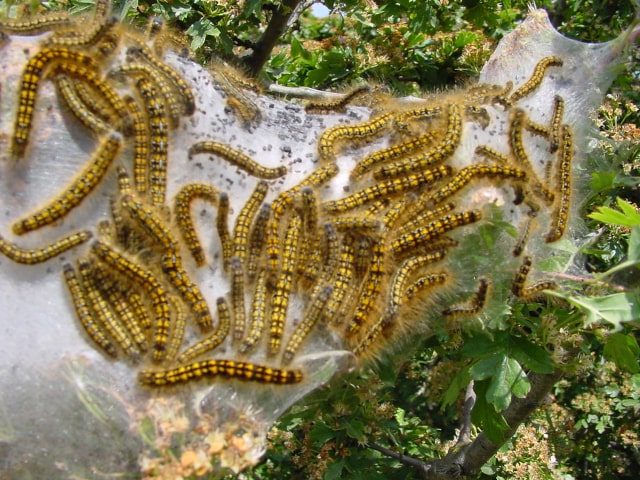
Tent caterpillars, or Tent worms, got their name because they love to spin webs on tree branches and on various shrubs. Most of the webs will be seen in the early spring if your garden is infested with tent caterpillars.
The purpose of the tent is to provide protection against predators and heat from the sun. These caterpillars feed on leafs just like their counterparts.
Spotting them is not hard due to the "tent" that they build together. Some of their characteristics include a three inch long body with a yellow checkered pattern and a blue line down the backs.
What Does Tent Caterpillars Eat
Tent worms love to set up their "tents" among bushes, trees and shrubs with dense branches. They feed on all leafs that are available around their tent and you will find that they can move their hideout very fast.
Plants that are being targeted by them will be left with no leafs and flowers (defoliation). Although most healthy plants can survive the hit, most plants will start to die off and become deformed due to the lack of nutrients and the loss of growth ability.
How to Get Rid of Tent Caterpillars
There are a lot of ways that one could use to fight against these monsters that attack your plants by having a mass army. Control of tent caterpillars is not hard if you know the tricks that are both effective and have no side effects to your plants.
Early Extermination
Tent caterpillars come from grayish brown eggs that are visible to human eyes if they are laid among your plants. You should check your plants for these eggs during the winter and destroy them before they could hatch into a garden disaster.
Deploying Natural Predators
Common predators for these ugly worms include garden birds, wasps, and ground beetles. You can buy a few birds that feed on worms and deploy them on your garden. Most of the time, they will eat up the tent worms in your garden in no time unless your garden is a huge caterpillar breeding ground.
Hand Picking and Destroy
Tent caterpillars are not poisonous and they can be handpicked. You can choose to destroy them or keep them in a bag before throwing them into the bin.
Natural Pesticides
Household ammonia, if diluted with water can kill these tent worms easily.
Household pesticides can work well with curbing and preventing tent caterpillars without leaving behind any side effects. This is because they build tents that easily catches the pesticides that you spray on them. With this, the chemicals will not flow into soils or being absorbed by the plants after you remove their tents or webs.
Photo credit: Seattle Parks and Recreation
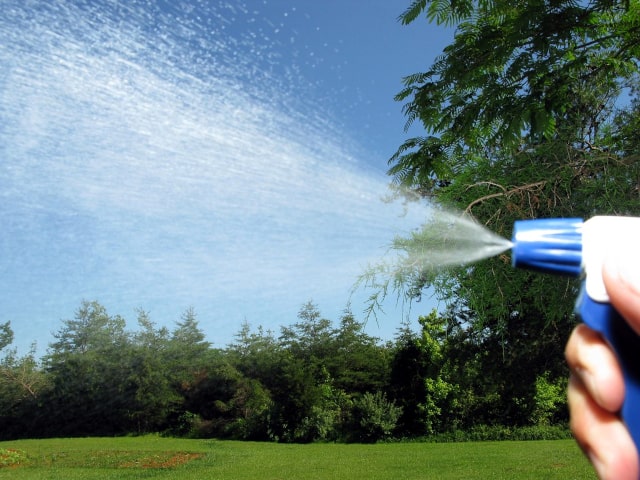
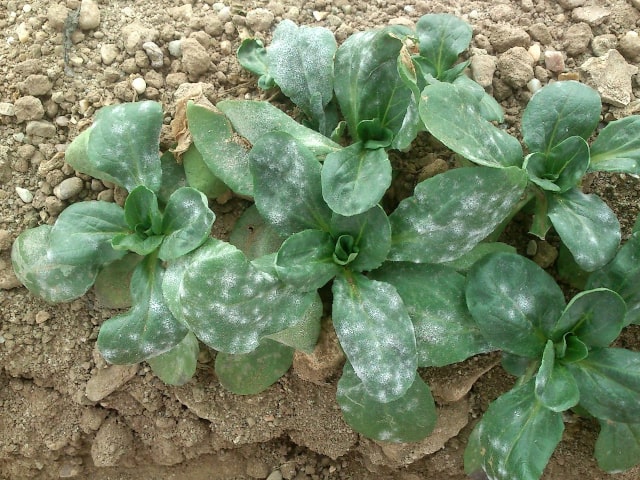
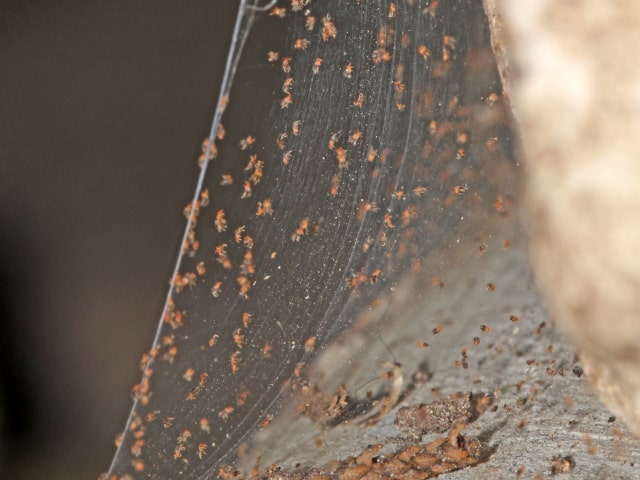
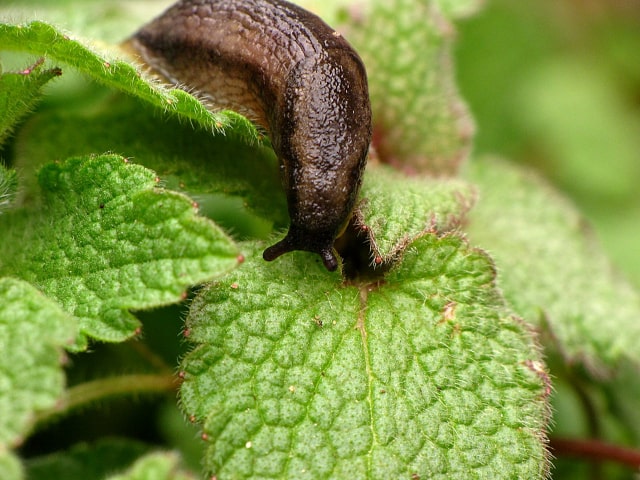
0 Comments